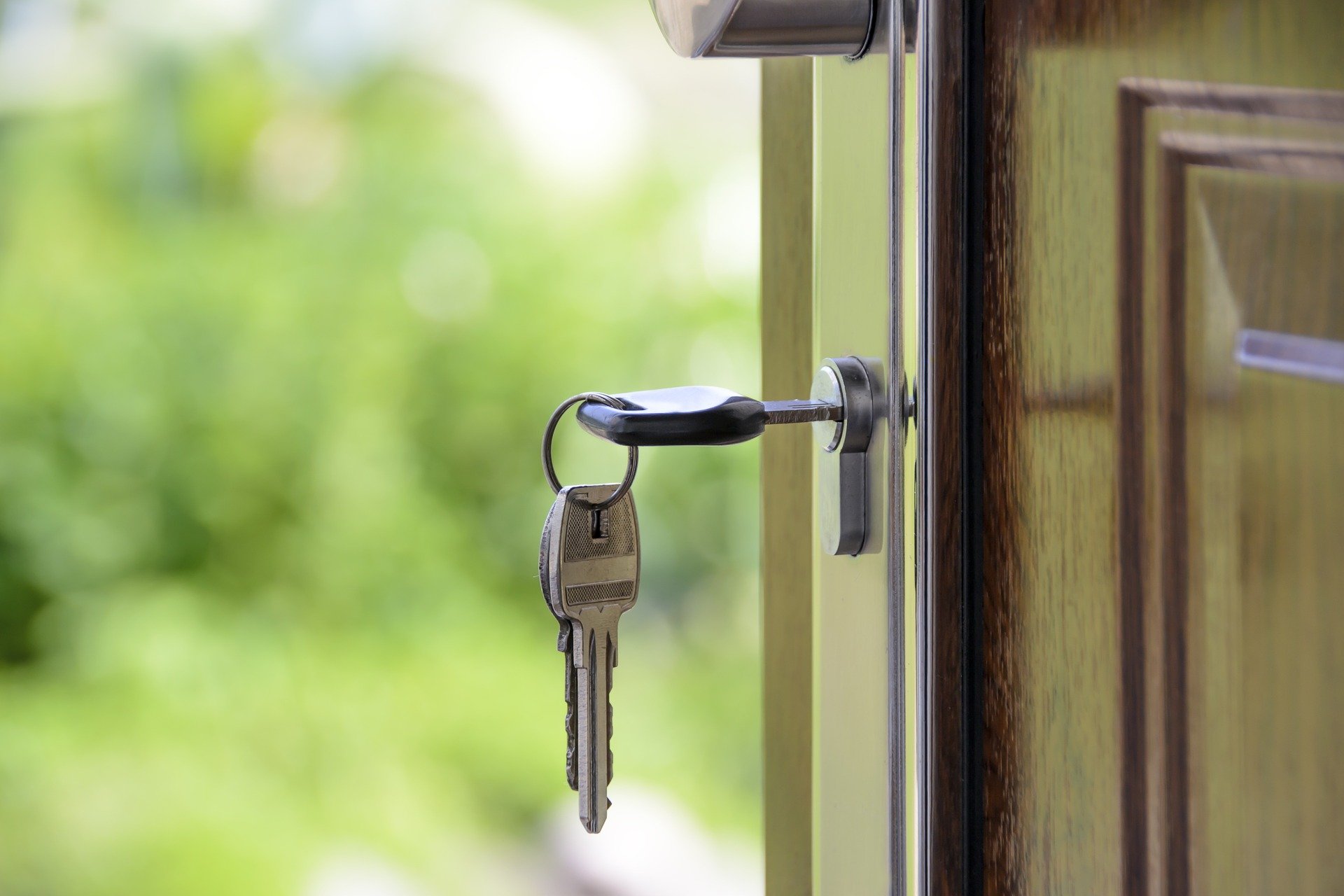
Does A Garden Annexe Add Value To Your Home?
Granny annexes have become extremely popular over the past decade…

Granny Annexe Council Tax – Could You Be Exempt?
Customers often ask us if they need to pay council tax on their…

What Is Householder Application?
The term Householder Application is likely something you will…
